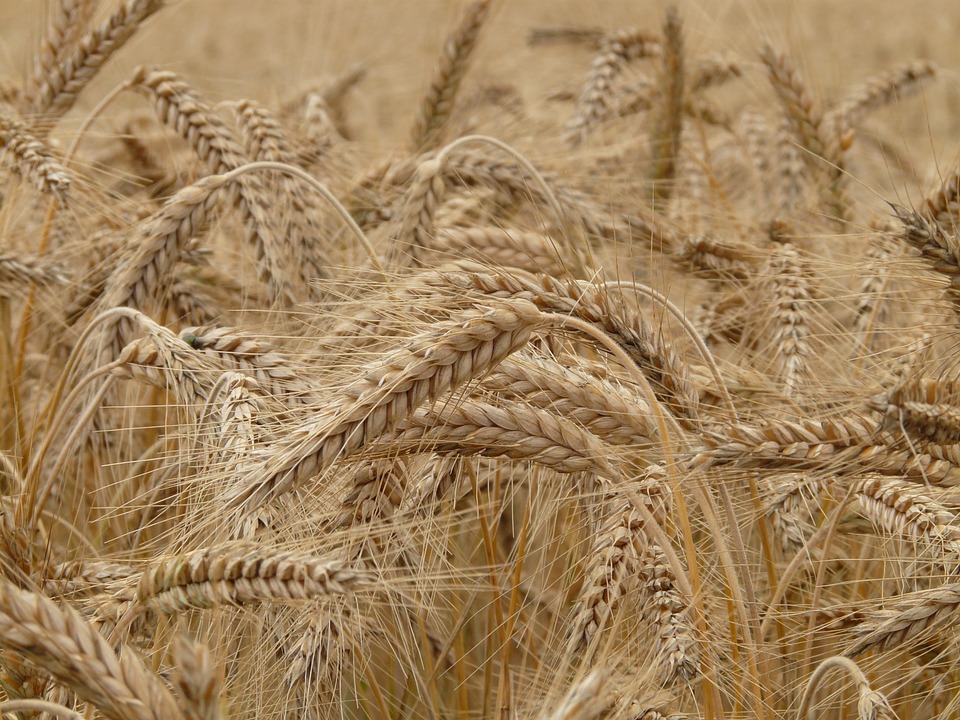Essity, a leading global hygiene and health company committed to a circular society, will invest approximately SEK 400 million (just over 37 million euros at today's exchange rate) in the installation of sustainable alternative fiber at its plant tissue paper production from Mannheim, Germany. This investment will allow the company to produce high quality tissue products for the consumer and for the field of professional hygiene from wheat straw, a renewable resource that is an agricultural by-product. This process is an innovation in circularity that will improve the overall environmental impact of the tissue paper products produced in this plant. Production is scheduled to begin in the second half of 2020.
” To support our sustainability goals, we continuously evaluate new production methods. This is a clear example of how innovation can contribute to a sustainable and circular society", said Magnus Groth, President and CEO of Essity.
Essity, one of the world's largest manufacturers of tissue paper and the world's largest buyer of fresh pulp, also uses recycled fiber in its tissue production.
Wheat straw is what is left over from the stalk after the grain is separated. While used as animal bedding or ground cover, around half of wheat straw worldwide is wasted. With this initiative, Essityse will supply wheat straw to farmers in and around Mannheim.

The new process produces tissue paper comparable in quality to that of fresh wood pulp
Essity has signed a license with exclusive rights with SustainableFiber Technologies (SFT), a United States company. The global agreement will give Essity access to SFT's Phoenix Process™, a technology that converts renewable plant resources into pulp suitable for the manufacture of tissue paper products. Fabric produced from wheat straw using this process is as bright, soft and strong as fabric produced from fresh wood pulp.
The use of wheat straw has significant sustainability benefits, including a significant reduction in water and energy use.
"This process will allow Essity to replace part of the certified fresh wood fiber with renewable wheat straw. This will result in an environmental improvement as the process uses much less water and energy. In addition, it transforms an unused agricultural by-product into a new, scalable source of tissue paper fiber," said José Ramon Iracheta, Country Manager of Essity Iberia.
New example of Essity's commitment to circularity
What remains after producing pulp from wheat straw is a by-product that can be used in many ways, giving circularity to this resource. Examples include fertilizers and soil enhancers, a sustainable alternative to petroleum used in synthetic products and additives for industry and construction.
Essity aims to reduce the environmental footprint of its products by 33% by 2030 and its expanded targets for carbon emissions have been endorsed by the ScienceBased Targets initiative, in line with the Paris Agreement on the reduction of climate impact. Essity currently manufactures tissue paper products for the consumer and professional hygiene segments, with around 60% of fresh wood fiber coming from certified sources and 40% of recycled tissue fiber.
